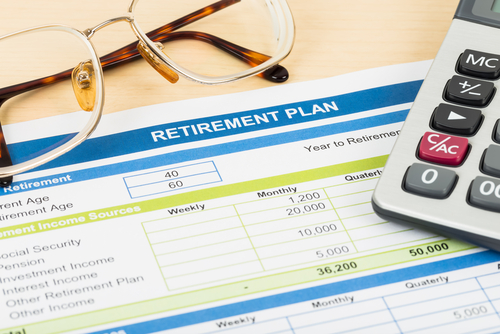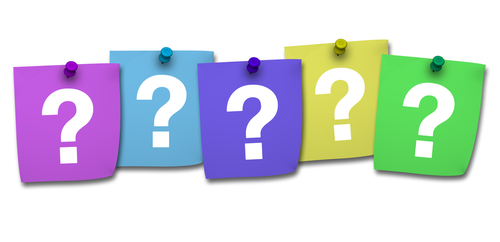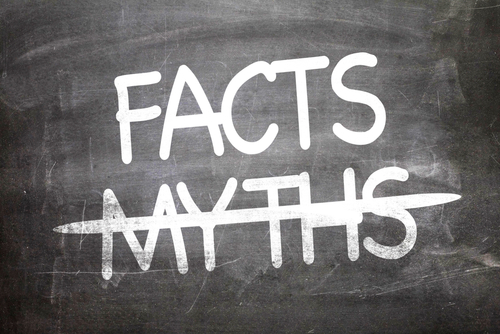
As you look ahead to the future, you might be somewhat apprehensive about retirement. On one hand, you look forward to this time in your life. But on the other hand, you worry about having enough income after leaving the workforce. These type of concerns are understandable; and the fact that you're thinking ahead proves you’re financially savvy. The truth is, some of the decisions you make today will have a tremendous impact on your later years. And while you may not draw a connection between buying a home and retirement, the way you approach homeownership can affect your future. And unfortunately, some home buying mistakes can hurt your retirement. Buying too much house You work hard, so it's understandable why you’d want to purchase your dream house. Home is a haven, and you deserve to have everything you’ve always wanted in a house—your own private paradise. But it’s also important not to buy “too” much house. You shouldn't buy a house at the expense of saving for retirement. Retirement planning should be a priority. The earlier you start saving,… Read more

A mortgage loan is a major commitment. It’s not like a credit card which you can pay off and cancel the account, nor is it like an auto loan which can be paid off in only five years. Home loans are a 30-year commitment, on average. The only way to get out of a mortgage is to sell the property or refinance the loan, which aren’t simple processes. So before agreeing to a mortgage, you need to be absolutely sure about your decision. Here are five questions to ask before committing to a mortgage loan. What are my mortgage costs? Recent changes in the mortgage industry now require loan officers to provide borrowers with a Loan Estimate, which removes any surprises about mortgage-related costs. This document explains all the figures you need to know, including the mortgage amount, your interest rate, the down payment, and what you can expect to pay at closing. You'll review the document with your loan officer. From this meeting, you can decide whether you’re prepared for the cost of buying a home, and if you… Read more

Both buyers and sellers have expenses in a real estate transaction. As the home seller, your biggest cost is the real estate agent’s commission, plus you’ll have to cough up cash for attorney fees, the title transfer fee, and the termite and moisture report. But since these costs are typically deducted from the profit, chances are you won’t need to bring cash to closing. It’s a different story for home buyers. Buyers pay a variety of closing costs, which can range from 2% to 5% of the sale price. These include the loan origination fee, the appraisal, credit report fee, title search fee and a host of other mortgage-related expenses. Some buyers also pay their own closing costs, but others ask home sellers to cover this expense. You may feel it's not your responsibility to pay a buyer’s closing costs. They’re the ones purchasing the property and getting the loan, so it only makes sense that they pay their own costs, right? Your feelings are just. But don’t quickly reject the idea of paying a buyer’s closing costs. Here's why.… Read more

Different variables affect borrowing capacity when applying for a mortgage loan. Loan officer and underwriters take different factors into consideration, such as your income and current debts, and then determine what you can realistically afford. Unfortunately, some borrowers are pre-approved for less than anticipated. The good news is that there are ways to increase borrowing capacity and qualify for a larger mortgage. Claim more of your income on your tax return When applying for a mortgage loan, the lender will not only request your most recent paycheck stub, the bank also looks at your tax returns from the past two years and uses the average of both years to decide how much you're eligible to receive. At the end of the day, it doesn't matter how much you “say” you earn, lenders determine qualifying amounts based on what’s on paper, so it’s important to claim a sufficient amount of income. This is especially important if you're self-employed and write off several business expenses. While your business expenses may be legitimate and allowed, the more expenses you write off, the lower… Read more

As you explore mortgage options, you may think a conventional loan is the only way to go. There are, however, a plethora of loan programs available. Getting a mortgage approval can be a complicated process, especially since it involves adhering to strict lending standards. FHA home loans make it easier to realize your dream, but there are some misunderstandings about this home loan program. FHA isn’t a mortgage lender FHA home loans are guaranteed by the Federal Housing Administration. It's important to know, however, that the FHA does not lend money. To get this type of loan, you will have to submit a home loan application through a mortgage lender. The key is choosing a mortgage lender that offers FHA financing. The bank underwrites your application and lends funds, but the FHA protects your lender if you default on the loan. FHA home loans require a high credit score Some people do not apply for a mortgage because they think their credit score isn’t high enough to qualify. You can get a conventional loan with a credit score as low… Read more







